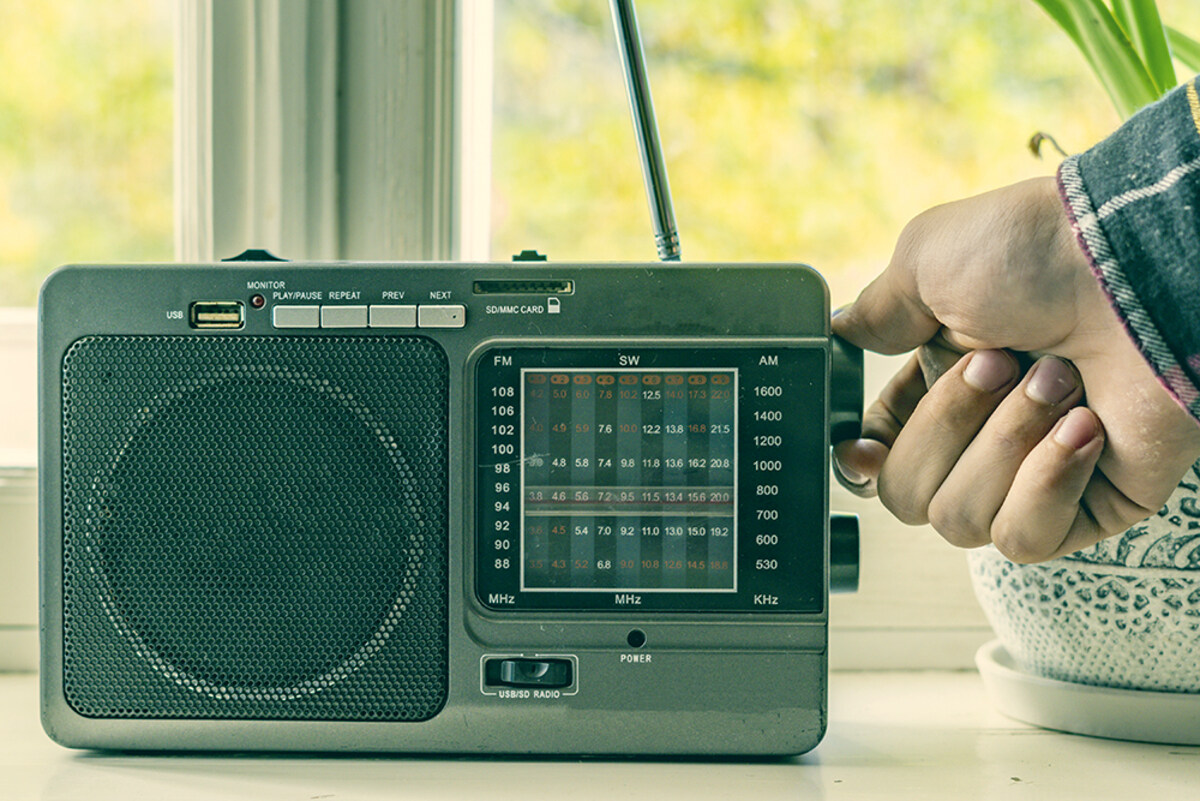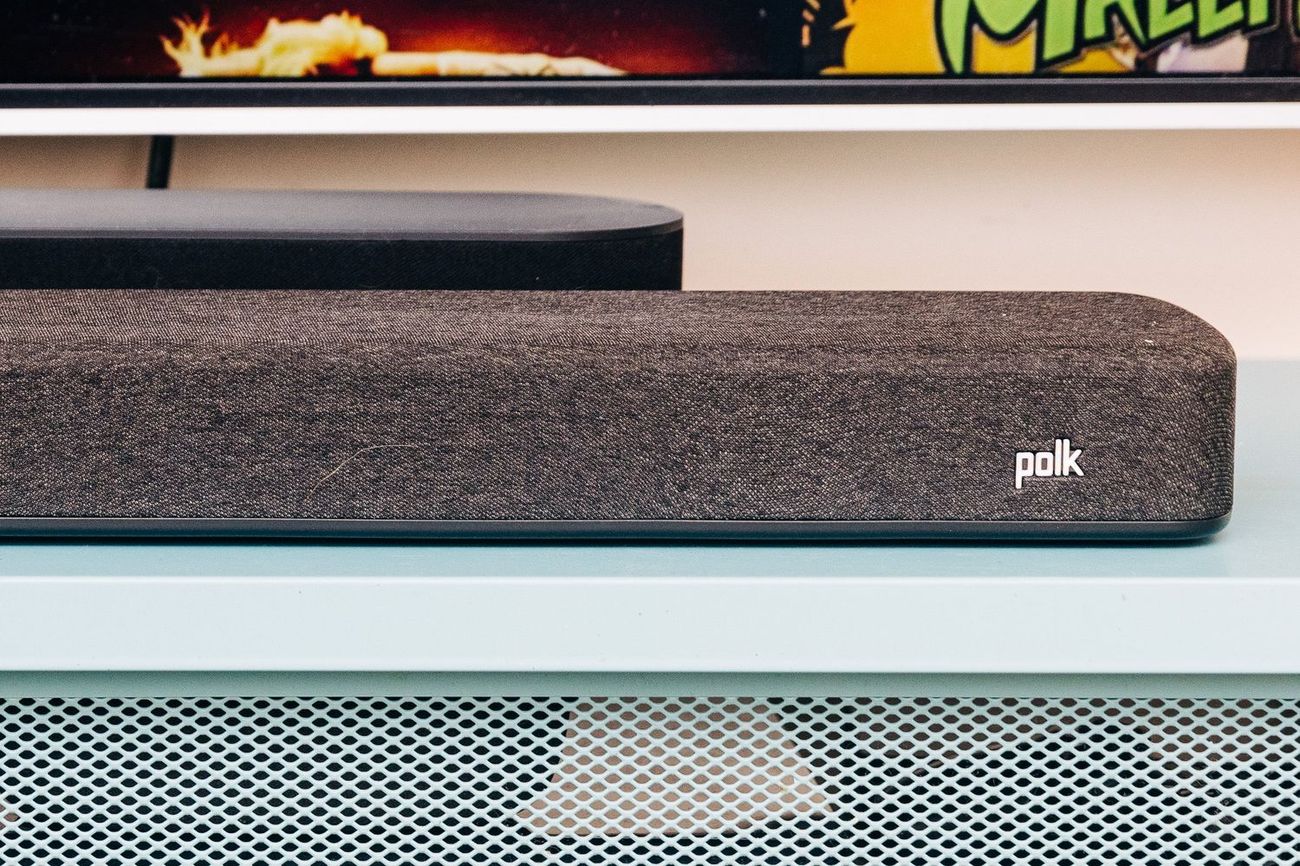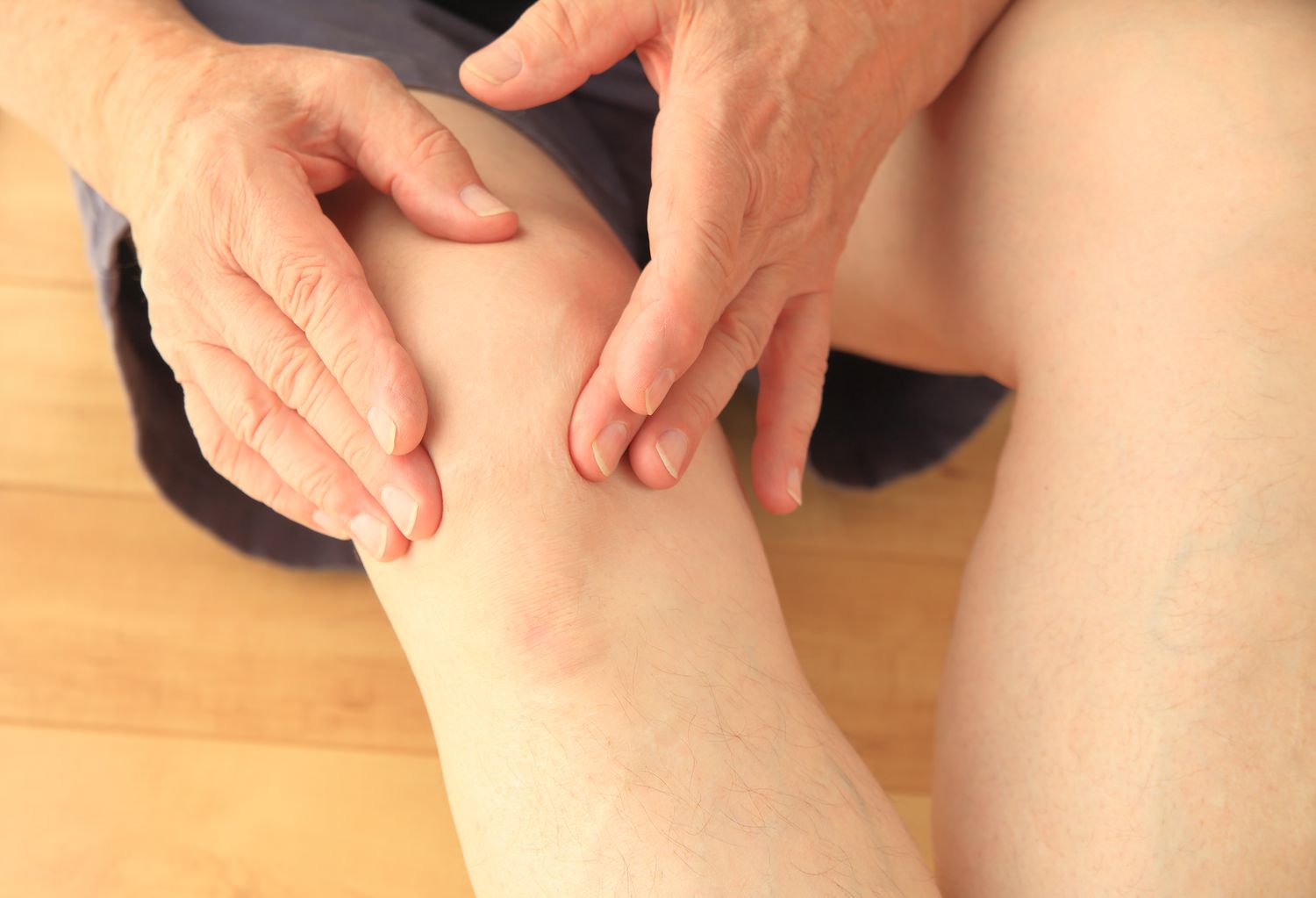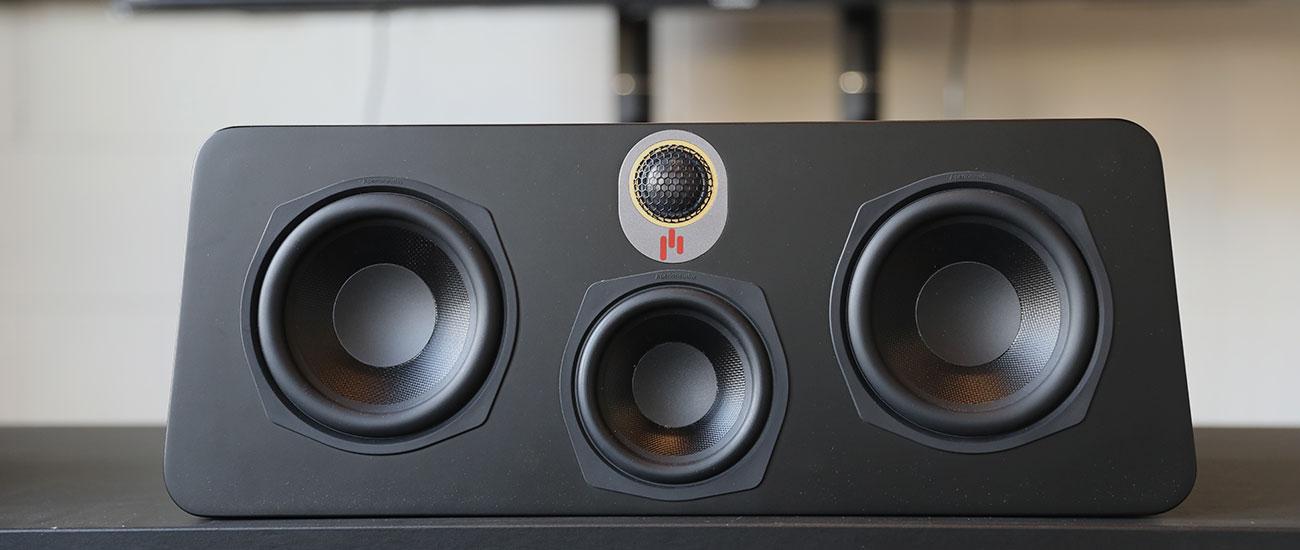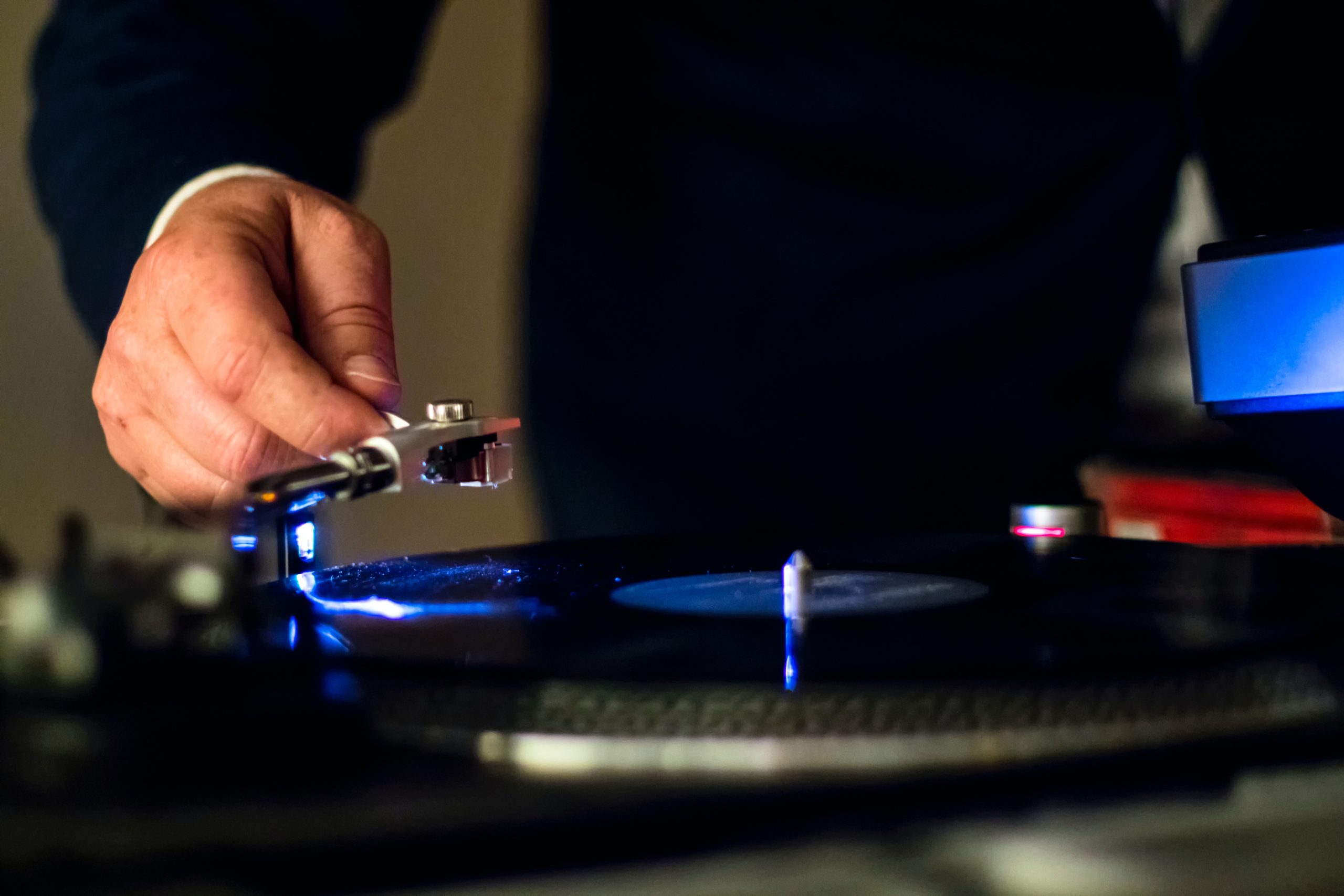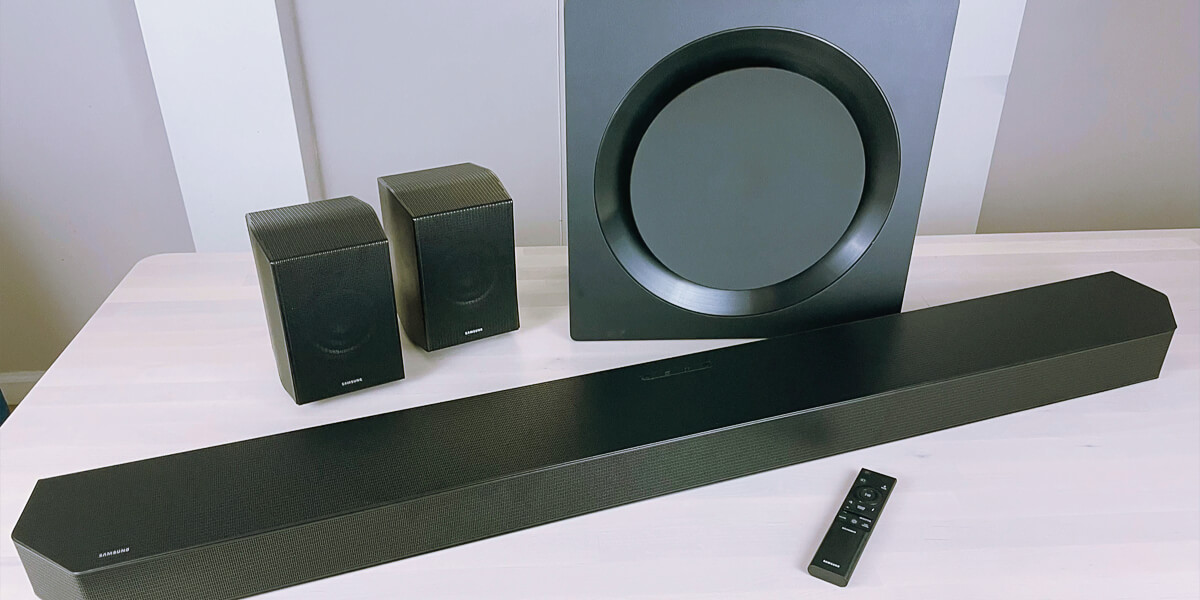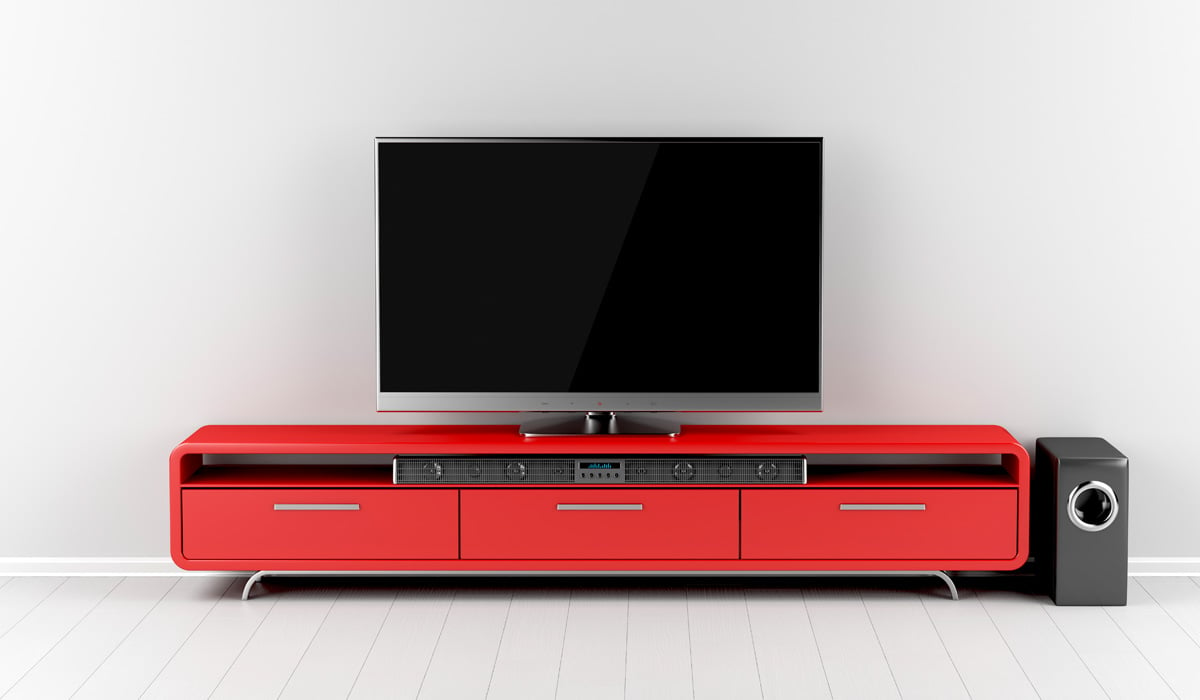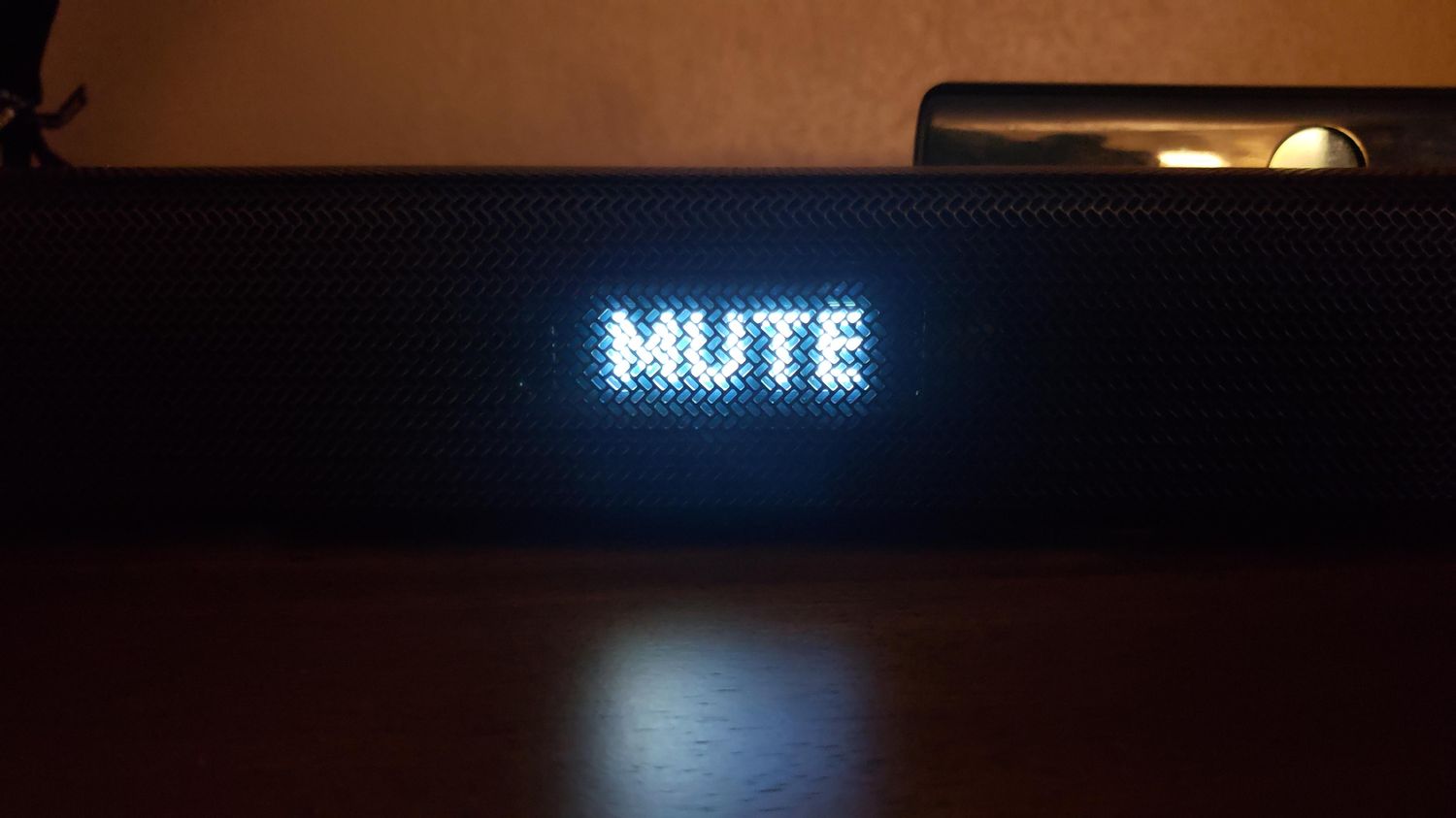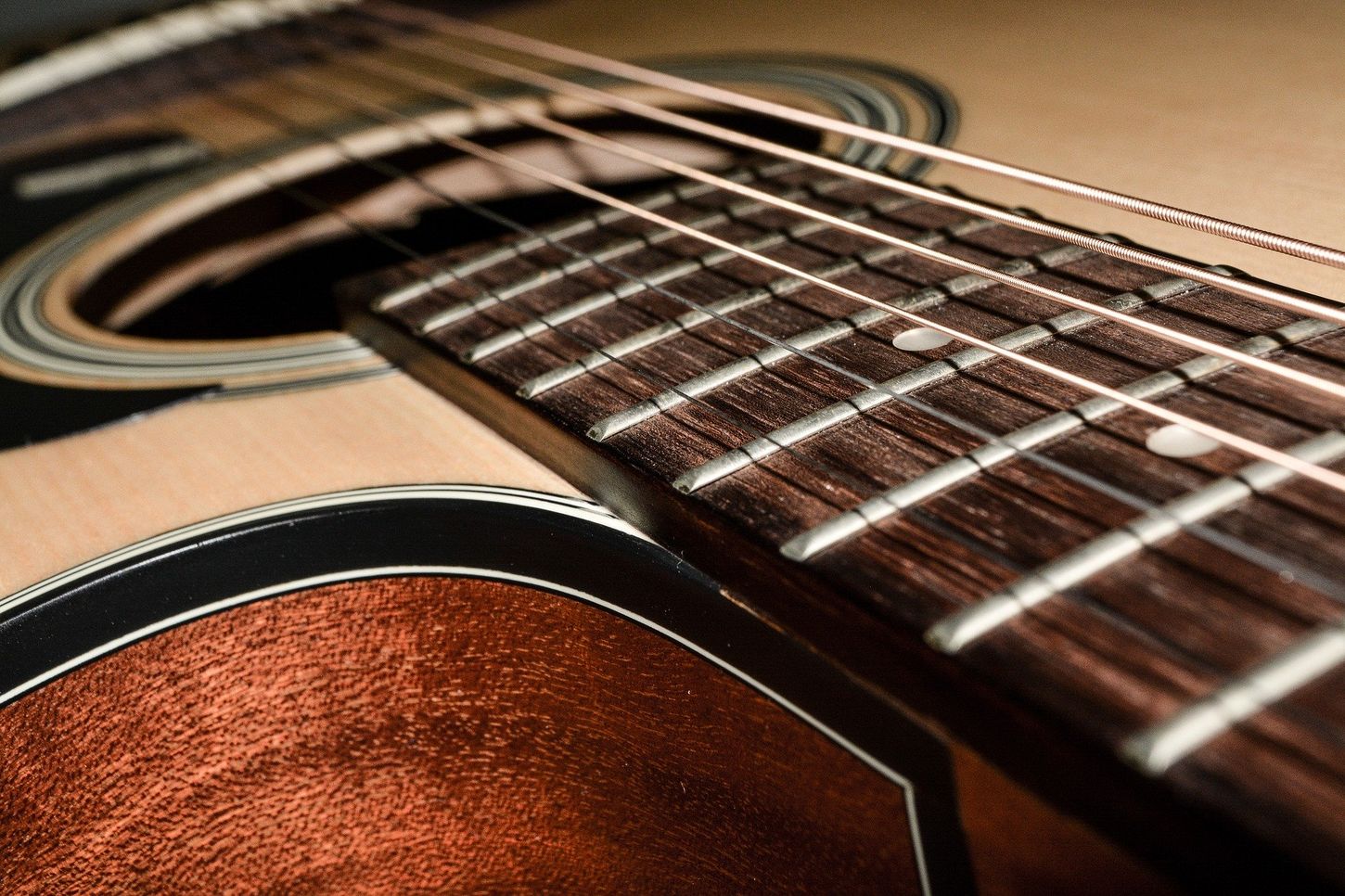Home>Production & Technology>Sound>Why Does It Sound Like Water Is Running In My Walls
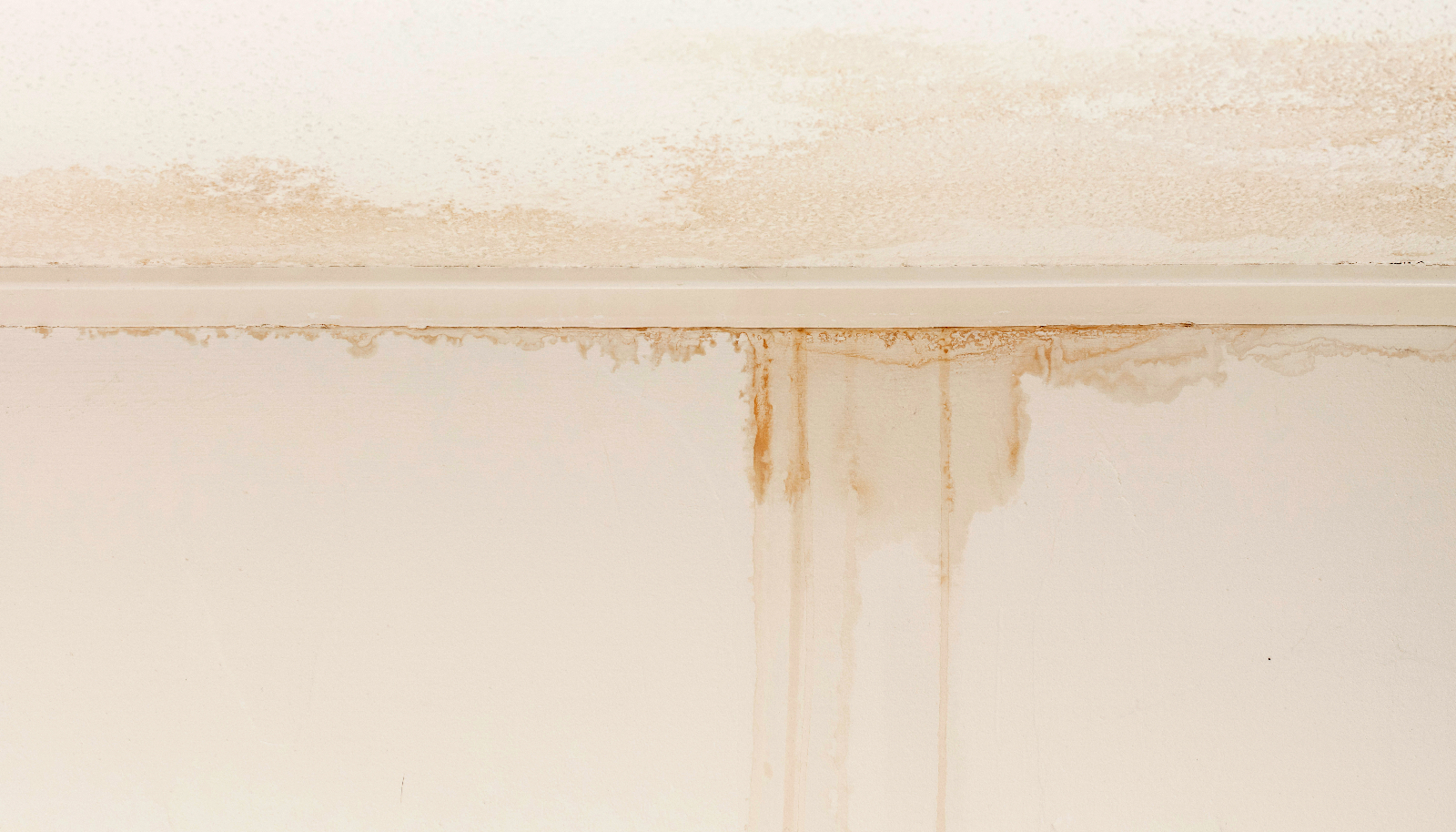

Sound
Why Does It Sound Like Water Is Running In My Walls
Modified: January 26, 2024
Discover the reasons behind the mysterious sound of water running in your walls. Find out what could be causing it and how to address the issue.
(Many of the links in this article redirect to a specific reviewed product. Your purchase of these products through affiliate links helps to generate commission for AudioLover.com, at no extra cost. Learn more)
Table of Contents
Introduction
Have you ever been startled by the sound of water running through your walls? It can be a perplexing and even alarming experience. You might find yourself wondering where the sound is coming from and why it’s happening in the first place. In this article, we will dive into the phenomenon of hearing water-like sounds in your walls and discover the potential causes behind it.
When you hear what sounds like water running in your walls, it’s important to investigate the issue promptly. Ignoring it could lead to further complications and potentially costly repairs down the line. By understanding the possible reasons behind this peculiar auditory occurrence, you’ll be better equipped to address it effectively.
So, what could be causing these mysterious water-like sounds? The answer lies in plumbing issues, HVAC system problems, or external factors that are affecting your home. Each of these factors can create unique noises that mimic flowing water and require different approaches to rectify.
In the following sections, we will explore each potential cause in more detail, discussing the symptoms, consequences, and possible solutions. By the end of this article, you’ll have a comprehensive understanding of why it sounds like water is running in your walls, empowering you to take the necessary steps to resolve the issue.
Understanding the Phenomenon
The phenomenon of hearing water-like sounds in your walls can be puzzling, but it is often a symptom of an underlying issue. Before diving into the possible causes, let’s explore the science behind this auditory phenomenon.
Sound is a fascinating and complex phenomenon that travels through various mediums, including air, water, and solids. When a sound wave encounters an obstacle, such as a wall, it can be partially transmitted, absorbed, or reflected. These interactions can sometimes create misleading auditory experiences, making it seem as though there is water running within the walls.
One possible explanation is that the sound you are hearing is vibrations being transmitted through the plumbing or HVAC system. Water flowing through pipes can cause the walls to vibrate, producing the illusion of water running. Likewise, air circulating through ductwork can create similar vibrations, amplifying the running water sound.
Another explanation is that the sound is not actually related to water at all but rather an external factor. For example, if you live in a multi-story building, the sound of water running in the adjacent unit’s pipes can travel through shared walls, making it seem like the sound is coming from your own walls.
Understanding the science behind the phenomenon can help you remain calm and focused as you investigate the potential causes. By keeping an open mind and exploring all possibilities, you’ll be better equipped to identify and address the underlying issue that is causing the water-like sounds in your walls.
Plumbing Issues
One of the primary culprits behind the sound of water running in your walls is plumbing issues. Faulty or malfunctioning plumbing can generate sounds that mimic the flow of water, causing confusion and concern. Here are some common plumbing problems that can result in this phenomenon:
- Water Hammer: Water hammer is a phenomenon that occurs when water abruptly changes direction or stops flowing, causing a banging or thudding noise. This can happen when a valve is quickly closed, creating a surge of pressure that reverberates through the pipes and into the walls.
- Leaking Pipes: A leaky pipe can produce a continuous sound of flowing water. When water escapes from a damaged or loose joint, it can create a hissing or trickling noise that may be mistaken for water running within the walls.
- Poorly Installed Pipes: Improperly installed pipes can lead to vibrations or movement, resulting in a noise that resembles water flow. Loose or inadequately secured pipes can rattle against the walls, amplifying the sound and causing confusion.
- Water Pressure Issues: Excessively high or low water pressure can contribute to a variety of plumbing problems, including noisy pipes. High pressure can cause pipes to vibrate and make rumbling or gurgling sounds, while low pressure can result in a lack of flow and a persistent dripping noise.
- Air in the Pipes: Air trapped within the plumbing system can create a bubbling or gurgling noise as water flows through the pipes. This can occur after a repair or when air becomes trapped in a section of piping, leading to strange sounds within the walls.
If you suspect that plumbing issues are causing the sound of water running in your walls, it is crucial to address the problem promptly. Ignoring the issue can lead to further damage, such as water leaks, mold growth, or even structural problems. Consulting a professional plumber is recommended to accurately diagnose and resolve the plumbing issue in order to eliminate the water-like sounds and ensure the long-term integrity of your plumbing system.
HVAC System Problems
While plumbing issues are often the most common suspect when it comes to the sound of water running in your walls, HVAC system problems can also contribute to this phenomenon. Your home’s heating, ventilation, and air conditioning (HVAC) system plays a crucial role in maintaining a comfortable indoor environment, but it can also generate sounds that mimic the flow of water. Here are some HVAC-related problems that may be causing the water-like sounds:
- Air Duct Issues: Damaged or improperly insulated air ducts can create vibrations that are transmitted through the walls, leading to sounds that resemble running water. Loose or disconnected ductwork can also contribute to this issue and should be inspected and repaired as necessary.
- Condensation Buildup: HVAC systems produce condensation as they cool the air, and this moisture needs to be properly drained away. If there is a problem with the condensate drain line or the drain pan is overflowing, it can result in water pooling in the system. The sound of water moving through the system can then be transmitted to the walls, making it seem like water is flowing within them.
- Expansion and Contraction: As your HVAC system adjusts to temperature changes, its components can expand and contract. This can lead to creaking or popping sounds that may be mistaken for water running. It is a natural occurrence but can be more noticeable if the HVAC components are located close to the walls or if the walls are poorly insulated.
- Faulty Valves or Controls: Malfunctioning valves or control mechanisms within the HVAC system can create unusual sounds, including ones that resemble water flowing. Issues with the water supply valves, pressure regulators, or zone control valves can result in noises that are wrongly associated with water within the walls.
If you suspect that your HVAC system is the source of the water-like sounds, it is advisable to contact a professional HVAC technician. They will be able to assess your system, identify any underlying problems, and perform the necessary repairs or maintenance to eliminate the noise. Regular HVAC system inspections and maintenance can help prevent issues from arising, ensuring that your system operates smoothly and quietly.
Exterior Factors
While plumbing and HVAC system problems are common causes of the sound of water running in your walls, it’s important to consider external factors that could contribute to this phenomenon. These factors are often related to the environment surrounding your home and may influence the perception of water-like sounds. Let’s explore some external factors that can affect the auditory experience:
- Rainfall: Rainwater can accumulate near the foundation of your home or seep into the ground, causing the soil to become saturated. This can create hydrostatic pressure on the walls, leading to a rumbling or trickling sound that mimics water running within the walls.
- Gutter Issues: If your gutters are clogged or not properly functioning, water can overflow and spill onto the exterior walls of your home. This can create a cascading sound that may be mistaken for water running in the walls. Regularly cleaning and maintaining your gutters can help prevent this issue.
- External Piping: Water supply lines or drainage pipes located on the exterior of your home can develop leaks or loose connections, resulting in the sound of running water. These noises can be transmitted through the walls, creating the perception that the water-like sounds are originating from within.
- Neighboring Sources: Sometimes, the sound of water running in your walls may not be originating from your own home, but rather from neighboring sources. Shared walls, adjacent units, or even nearby commercial properties could be the actual source of the noise. Investigating the surrounding area can help determine if there are external factors contributing to the water-like sounds.
It’s essential to assess the external factors mentioned above and rule out any environmental causes before assuming that the sound originates from within your walls or your home’s systems. If you suspect that external factors are playing a role, it may be necessary to consult with professionals such as landscapers, gutter specialists, or even your neighbors to address and resolve the issue effectively.
Consequences of Ignoring the Issue
Ignoring the sound of water running in your walls can have serious consequences that extend beyond mere annoyance. Failing to address and resolve the underlying issue can lead to various problems, including:
- Water Damage: If the sound is indeed caused by a plumbing or HVAC system issue, it could eventually result in water leaks. Leaking pipes or condensation buildup can lead to water damage within the walls, causing structural issues, mold growth, and damage to your property.
- Increased Repair Costs: By ignoring the initial signs of a problem, you run the risk of allowing the issue to worsen over time. Repairing significant plumbing or HVAC system issues can be costly, especially if the damage has spread and additional components need to be replaced. Addressing the problem early on can help mitigate potential financial burden.
- Health Risks: If the water-like sounds are accompanied by a musty odor or visible signs of mold, it can have implications for your health. Mold thrives in damp environments, and prolonged exposure to mold spores can lead to respiratory issues, allergies, and other health complications.
- Structural Integrity: Water leakage within the walls can compromise the structural integrity of your home. Over time, moisture can weaken the materials, causing rot, decay, and even potential collapse in severe cases. Protecting the structural integrity of your home is essential for its longevity and safety.
It’s crucial to address the sound of water running in your walls promptly to avoid these consequences. By acting swiftly and seeking professional assistance, you can prevent further damage to your property and maintain a safe, healthy, and structurally sound living environment.
Ways to Fix the Problem
Resolving the issue of water-like sounds in your walls requires identifying and addressing the underlying cause. Depending on the source of the problem, there are several ways to fix it. Here are some solutions to consider:
- Plumbing Repairs: If the issue stems from plumbing problems, such as water hammer, leaking pipes, or high water pressure, it’s best to consult a professional plumber. They can assess the plumbing system, locate the source of the noise, and make the necessary repairs or replacements to resolve the issue.
- HVAC System Maintenance: If the HVAC system is responsible for the water-like sounds, scheduling regular maintenance with an HVAC technician is crucial. They can inspect the system, clean or replace air ducts, address condensation buildup, and ensure that all components are in proper working order. Maintaining the HVAC system can prevent future problems and eliminate the noise.
- Insulation and Soundproofing: If the sound is caused by external factors, improving insulation or adding soundproofing materials to the walls can help minimize the transmission of noises. This can be particularly useful if the issue is related to neighboring sources or environmental factors that are difficult to control directly.
- Professional Assessment: In some cases, the source of the sound may be challenging to identify or require specialized expertise. In such situations, consulting professionals, such as acoustic specialists or home inspectors, can provide a comprehensive assessment and recommend appropriate solutions tailored to your specific situation.
It is important to remember that each situation is unique, and the appropriate solution will depend on the specific cause of the water-like sounds. Identifying the root issue and seeking professional assistance will ensure that the problem is resolved effectively, preventing further damage and restoring peace and quiet to your home.
Conclusion
The sound of water running in your walls can be a perplexing and disconcerting experience. However, understanding the potential causes behind this phenomenon and taking appropriate action can help put your mind at ease and resolve the issue. Whether it’s plumbing problems, HVAC system issues, or external factors, addressing the problem promptly is crucial to prevent further complications.
By investigating and fixing plumbing issues such as water hammer, leaking pipes, or high water pressure, you can eliminate the source of the water-like sounds. Similarly, addressing HVAC system problems including damaged air ducts, condensation buildup, or faulty valves can restore tranquility to your home.
It’s also important to consider external factors such as rainfall, gutter issues, or neighboring sources that could contribute to the auditory experience. By addressing the underlying causes or taking measures such as insulation and soundproofing, you can minimize the transmission of external sounds and create a more peaceful living environment.
Ignoring the issue of water-like sounds in your walls can have serious consequences, including water damage, increased repair costs, health risks, and compromise to your home’s structural integrity. Taking prompt action can mitigate these risks and save you from potentially costly and extensive repairs down the line.
In conclusion, if you’re hearing what sounds like water running in your walls, don’t ignore it. Investigate the cause, seek professional assistance if needed, and take the necessary steps to resolve the issue. By doing so, you can restore peace and quiet to your home and ensure the long-term integrity and safety of your property.

